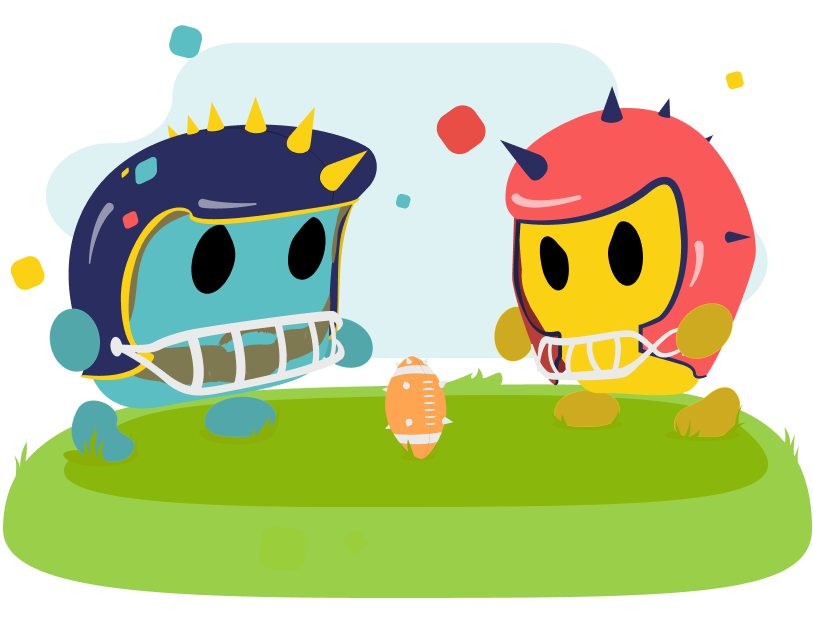- Project
- Underway
Blood Bowl : A Cultural History

Paul Wake Professor of Game Studies
Paul Wake is Professor of Game Studies in the Department of English at Manchester Metropolitan University, and Co-Director of the Manchester Game Centre. He is co-editor of a series on analog games titled Material Game Studies (Bloomsbury 2022). He has designed three games on the climate crisis (Carbon City Zero, Catan: Global Warming, and CO2). He has been playing Blood Bowl since its first edition, and he co-founded The Waterbowl, one of the largest and oldest Blood Bowl leagues and tournaments in the UK, in 2004.
-
Project start date :
2024/05/01 -
Status :
Underway -
Research organization :
Manchester Metropolitan University -
Team :
/
In 2023, Game in Lab selected Dr Paul Wake’s project studying the links between board games, history and culture through an analysis of the Blood Bowl board game and its cultural context from 1987 to today. This project will lead to the creation of an online archive and the publication of a book dedicated to game sciences, media sciences and cultural history researchers, as well as players, enthusiasts and game designers.
Project overview
This project contends that board games are significant historical texts that reflect and shape the cultures in which they are created. Moreover, it addresses the lack of critical historical analysis of twentieth and twenty-first century games, and in particular work on hobby games. The project responds to these gaps in knowledge, demonstrating the significance of board games in the cultures out of which they arise, and addresses the lack of critical work on these games, through historical and cultural research, with the writing of the first book on the board game Blood Bowl (Games Workshop, 1986-present) and the construction of a virtual archive for the game.

Methodology
This research consists of several phases:
- Interviews with gamers, game designers and artists, plus archival research to document the history of Blood Bowl
- A media study examining the connection between Blood Bowl and its cultural context (rise in popularity of American football in the UK in the 1980s)
- Study of sports simulation games and the philosophical questions of sport to establish a definition of games in relation to sports
- Study of the “push-your-luck” game mechanism in connection with Blood Bowl’s sporting theme to evaluate the link between fictions and game mechanisms
Outcomes
The research project is ongoing. It will lead to the production of a virtual online archive of the cultural history of Blood Bowl and its communities, and the publication of a 40,000-word monograph presenting all of the project’s research elements.
